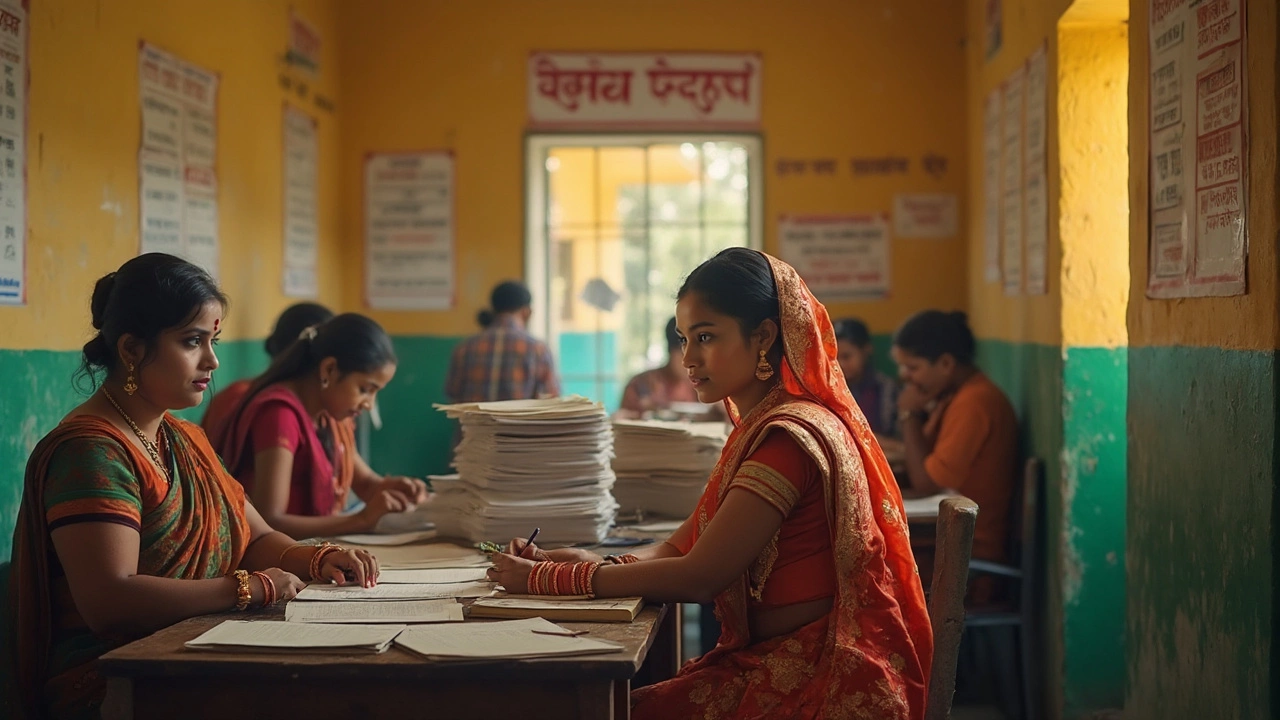Fastest Marriage in India: How to Get Married Quickly and Legally
Want to skip the endless paperwork and say "I do" in a matter of days? You’re not alone. Many couples rush because of jobs, visas, or family plans. The good news? Indian law lets you marry fast if you know the right steps and have the right documents ready.
First, understand that a marriage in India is either a civil ceremony under the Special Marriage Act or a religious ceremony under personal laws (like Hindu Marriage Act, Muslim Personal Law, etc.). Both routes require a notice period, but you can shrink it to the minimum legally allowed. Let’s break down what you need.
Essential Documents and Basic Requirements
Regardless of the act you choose, the core documents stay the same:
- Proof of age – passport, birth certificate, or school leaving certificate.
- Residence proof – utility bill, ration card, or Aadhar.
- Passport‑size photographs (usually two per person).
- Affidavit stating no legal impediment to marry (e.g., no existing marriage).
- If previously married, a divorce decree or death certificate of the former spouse.
Make sure both partners have these in original and a copy. Missing a single paper can add weeks to the timeline.
For a civil marriage under the Special Marriage Act, you also need a 30‑day notice period. However, you can apply for an ex‑post waiver if you have a valid reason (like imminent overseas travel). Courts sometimes grant it in under a week, but you’ll need strong evidence – flight tickets, work orders, or medical documents.
Speeding Up Registration: Online and Offline Tips
Many states now offer online notice filing. Visit the official marriage registration portal of your state, fill the form, upload scanned documents, and book an appointment. In places like Delhi, Mumbai, and Bangalore, the online slot often gets you a same‑day verification if you arrive early.
Here’s a quick checklist to shave off days:
- Pre‑book the appointment. Book at least a day in advance; slots fill up fast.
- Carry originals. The clerk will ask to see them; no originals = delay.
- Get a local witness. Some offices require two witnesses who know you personally. Having them ready avoids last‑minute hunting.
- Pay the fee online. Cash payments sometimes need extra verification.
- Ask for a priority certificate. Some registrars offer a “fast‑track” service for an extra fee, cutting processing to 48 hours.
If you’re under 21, you’ll need parental consent. That’s a common roadblock, so get the consent letter signed and notarized before you walk in.
After the ceremony, the registrar issues a marriage certificate. In most states, you can collect it on the same day if you’ve completed all steps correctly. Otherwise, it’s usually ready within three to five working days.
Bottom line: the fastest marriage in India boils down to preparation. Gather every document, use the online portal, and consider the small priority fee if time is money. Follow these steps, and you’ll be holding your marriage certificate in less than a week – ready to celebrate without the paperwork nightmare.

Fastest Way to Get Married in India: Simple Guide to Quick Marriage Registration
Want to get married fast in India? Cutting through all the red tape isn't always straightforward, but it’s possible if you know how the legal process works. This article lays out the fastest paths to legal marriage in India, shows you how to minimize waiting time, and gives you real tips to avoid common mistakes that slow people down. Whether you need a quick wedding for work, travel, or just can’t wait to start your new chapter, here’s what you need to know. No drama, just clear steps and practical advice.